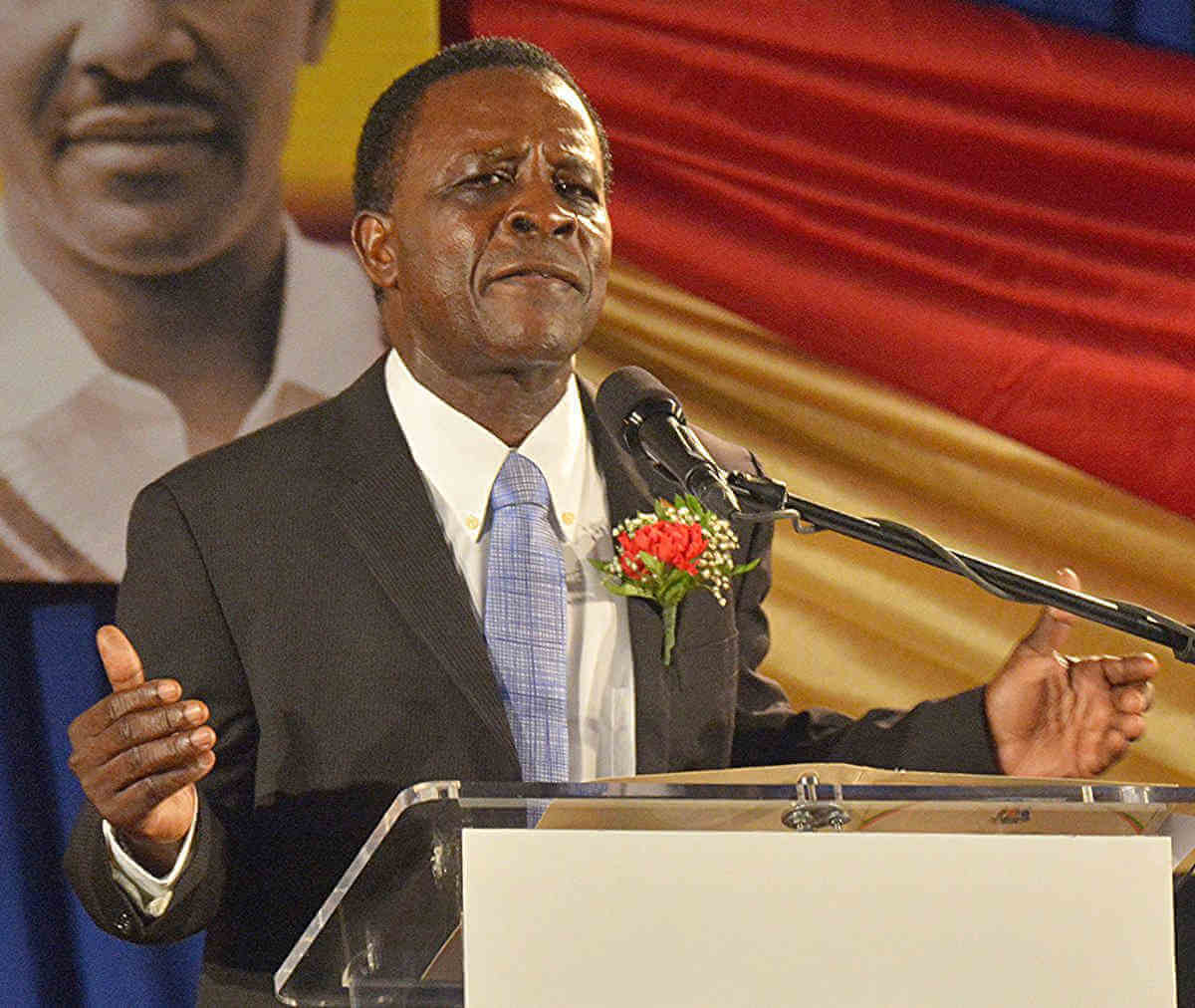Perhaps for a long time to come, the number of Caribbean Community countries sending criminal and civil cases to the Trinidad-based regional Court of Justice (CCJ) will remain at only four in the wake of a stunning, if not embarrassing, rejection of membership by voters in two key member states, Grenada and Antigua in referendums held this week.
Prime Ministers Keith Mitchell and Gaston Browne said after results showed that islanders had no abiding interest in allowing the CCJ to be the final appeals court, they had no intention of trying again in their political lifetimes as it is clear that citizens prefer the bewigged mostly white English judges of Britain’s Privy Council to call the shots on appeals from the two Eastern Caribbean nations for the foreseeable future.
Governments in the two island nations had staged spirited campaigns to persuade voters to amend constitutions to dump the Privy Council and replace it with the CCJ but neither came close to pulling off victory. The result is that the appeals section of the court will for a while yet continue to only hear appeals from Guyana, Belize, Dominica and Barbados as none of the other eight eligible member states has taken any major steps to add to the four.
The stunning defeats in Grenada and Antigua had political irony written all over them as both PMs Mitchell and Browne were unable to cash in on their overwhelming popularity following landslide wins in general elections held in the past year.
Mathematician Mitchell for the third time in his political career was able to win all 15 constituency seats and run the country by electoral mandate without an elected opposition. For Browne in Antigua, his Antigua Labor Party (ALP) was able to win 15 of the 17 seats in general elections held in March but in neither case did their political popularity translate into wins for CCJ membership. Voters in Grenada had two years ago handed Mitchell a similar result.
The state of play now means that the winds of rejections from Grenada and Antigua might well affect the chances of governments in other islands going forward. Since its inception in 2005, the court has been operating without two key members — Trinidad where it is based and Jamaica. These two along with Guyana and Barbados were the original signatories to the July 1973 establishment of the Caribbean Community (CARICOM). Authorities in both have signaled a lack of interest in abolishing the Privy Council and adopting CCJ as its final court of appeals. The CCJ comprises two courts, one to hear regular appeals and the second to deal with trade and related issue in the bloc. All CARICOM members are, however, signatories to this section of the court.
Figures released by Grenada’s electoral system showed that the yes vote did not come close to sending the British judicial system packing with the 12,133 voting again versus 9846 for the regional court. It was a bit closer in Antigua with 9,234 voting to retain the status quo and 8509 for the CCJ. Both leaders expressed disappointment and exasperation but said they had little choice but to abide by the electorate.
“The people have voted based on what they wished to see. As a serious democrat the result has been accepted. I am not happy with it but that has always been my position when results of elections are given. I am disappointed but I am in total acceptance of the results,” PM Mitchell said.
Colleague Gaston Browne noted that “I have discharged my responsibility to make the option of transitioning from the Privy Council to the CCJ available to the people of Antigua and Barbuda. I think it is a great opportunity for them but I am not too sure when this opportunity would be made available again. In fact, it took us 37 years after independence to get here. I accept the result of the referendum. The voice of the people is the voice of God. We knew that getting 67 percent of the votes was an extremely daunting task, practically unachievable without the support of the main opposition party,” Browne said.
Voter turnout in both nations was low and under 45 percent representing an early signal that a no vote was inevitable.






















